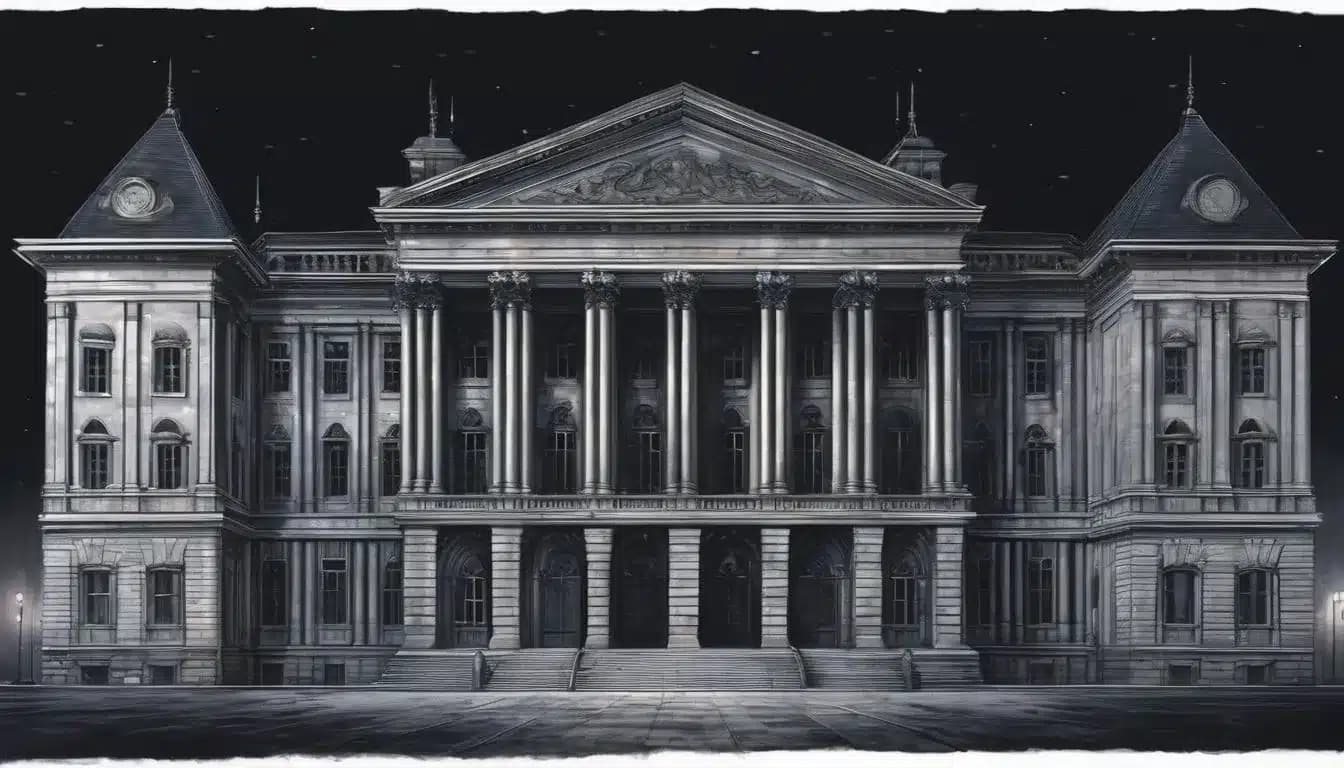
Unveiling the Secrets of Government Cover-Ups
Government cover-ups have long fascinated the public, fueling countless conspiracy theories and debates. From the mysterious events at Area 51 to the assassination of JFK, the idea that governments conceal critical information from their citizens is both intriguing and unsettling. This article delves into the anatomy of government cover-ups, examines famous conspiracy theories, and explores […]